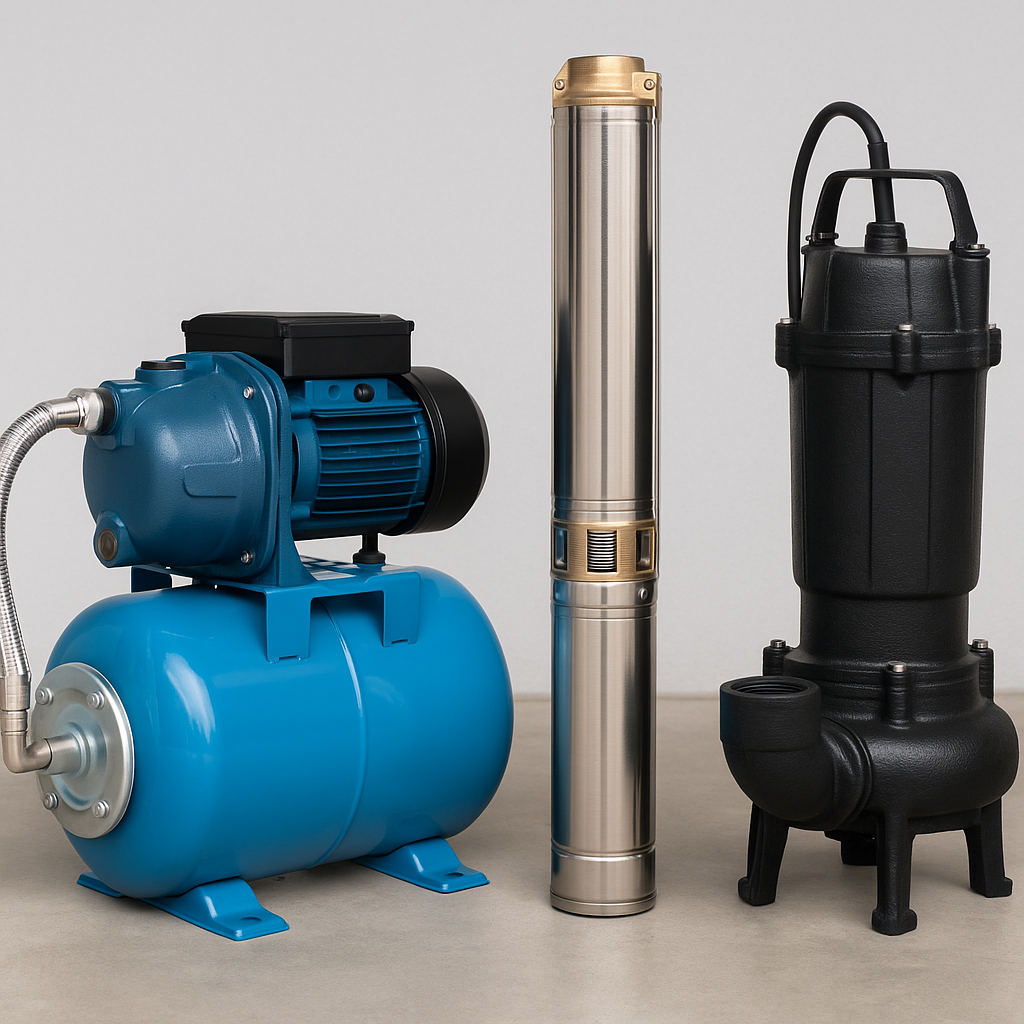Hair loss is a concern shared by millions across the globe, affecting individuals of all ages, genders, and ethnic backgrounds. While genetics often play a key role, other factors like stress, hormonal imbalance, medication, and environmental exposure can also contribute to thinning hair or baldness. As a result, the global demand for hair loss products has surged, with countless solutions available in the form of shampoos, serums, foams, supplements, and medical treatments. But one critical question remains — do hair loss products work for all hair types?
Understanding how these products interact with different hair types is essential for selecting the most effective treatment. This article explores the science behind hair loss products, evaluates their effectiveness across various hair textures, and offers guidance on finding the right solutions tailored to individual needs.
Understanding Hair Types and Hair Loss
Hair types are generally categorized based on texture, thickness, and curl pattern. The four primary categories are:
- Type 1: Straight hair
- Type 2: Wavy hair
- Type 3: Curly hair
- Type 4: Coily or kinky hair
Each hair type has unique characteristics that influence how it responds to styling, environmental stress, and treatment products. For example, straight hair tends to distribute natural oils more evenly, while coily hair is more prone to dryness and breakage. These distinctions also play a role in how hair loss products interact with the scalp and follicles.
Hair loss itself may manifest differently depending on hair type. In straight or wavy hair, thinning is often more visible due to the way light reflects off the scalp. In curly or coily hair, hair loss may be masked initially but can lead to noticeable patchiness over time. Recognizing these variations is vital in assessing the performance of various hair loss treatments.
NOTE: Dermatologist-approved hair loss products UAE were offered by GLOBAL SOUQ to meet diverse hair care needs. Users benefited from safe, scientifically backed formulas tailored for all hair types.
Discover trusted solutions at GLOBAL SOUQ today.
Common Types of Hair Loss and Their Causes
Androgenetic Alopecia
Also known as male or female pattern baldness, this is the most prevalent cause of hair loss, driven by genetic sensitivity to the hormone DHT (dihydrotestosterone). This form of hair loss is gradual and progressive.
Telogen Effluvium
Triggered by stress, illness, or hormonal fluctuations, telogen effluvium leads to widespread hair shedding due to a disruption in the hair growth cycle. It is usually temporary.
Alopecia Areata
An autoimmune condition that causes the body to attack its own hair follicles, leading to sudden, patchy hair loss.
Traction Alopecia
Caused by hairstyles that pull tightly on the hair shaft, such as braids, ponytails, or extensions, traction alopecia is particularly common among individuals with textured or coily hair.
Each of these types may require different treatment approaches, further influencing how well hair loss products work for a given individual.
How Hair Loss Products Work
Hair Loss: Hair loss products function through a variety of mechanisms, depending on their formulation and intended use. Some of the most common categories include:
Topical Solutions
Products like minoxidil (Rogaine) are applied directly to the scalp and are FDA-approved for treating androgenetic alopecia. They work by increasing blood flow to hair follicles and extending the growth phase of the hair cycle.
DHT Blockers
These are found in shampoos, conditioners, and supplements. By inhibiting the hormone DHT, these products help slow or prevent follicular miniaturization — the key driver of pattern baldness.
Nutritional Supplements
Hair growth supplements often include biotin, zinc, iron, and vitamins A, C, and E, aimed at correcting nutritional deficiencies that contribute to hair thinning.
Hair Serums and Oils
Designed to nourish the scalp and fortify existing strands, these products typically contain natural ingredients like argan oil, castor oil, or peptides to improve hair health.
Medical and Prescription Treatments
In more severe cases, dermatologists may prescribe oral medications such as finasteride or recommend platelet-rich plasma (PRP) therapy, especially for cases resistant to over-the-counter options.
Effectiveness of Hair Loss Products Across Hair Types
Now to the central question — do hair loss products work for all hair types? The answer is nuanced. While many products are formulated for general use, the efficacy can vary based on factors such as hair texture, scalp condition, and the underlying cause of hair loss.
Straight and Wavy Hair
Hair loss is more visibly noticeable in individuals with straight or wavy hair due to the uniform fall of the strands. Topical products like minoxidil tend to penetrate these scalp types more easily, often leading to faster observable results.
People with these hair types often respond well to foam-based and liquid treatments, as their lighter hair texture allows for more direct contact with the scalp. DHT-blocking shampoos and supplements are also effective in managing genetic hair loss in this group.

Curly and Coily Hair
Curly and coily hair types are more prone to dryness, breakage, and scalp buildup. This can sometimes hinder the absorption of topical treatments. Moreover, hairstyles commonly worn by individuals with textured hair — such as braids, cornrows, and wigs — can exacerbate traction alopecia.
For these hair types, oil-based hair loss products and scalp-nourishing serums often provide better results. However, application methods need to be adjusted to ensure the product reaches the scalp, not just the hair shaft.
Regular scalp massages, clarifying treatments to remove buildup, and protective styling can enhance the efficacy of hair loss treatments in people with coily hair.
Consideration for Sensitive Scalps
Some individuals, regardless of hair type, have sensitive scalps that react negatively to harsh chemicals or preservatives commonly found in hair loss products. Choosing sulfate-free, paraben-free, and fragrance-free options can help reduce irritation and improve long-term results.
Choosing the Right Hair Loss Product
Selecting the right product requires a combination of understanding one’s hair type, identifying the root cause of hair loss, and aligning expectations with scientific evidence. Here are some guiding principles:
- Consult a dermatologist to identify the type and cause of hair loss.
- Opt for clinically proven treatments like minoxidil for genetic hair loss.
- Choose formulations suited to your hair type, such as lighter serums for fine hair or rich oils for coily hair.
- Avoid harsh chemicals that can aggravate sensitive scalps or contribute to further hair damage.
- Stay consistent with product usage, as results often take 3–6 months to become noticeable.
Limitations and Realistic Expectations
While hair loss products offer substantial benefits, they are not miracle cures. Their success largely depends on early intervention, consistent use, and individual response. Genetic factors and underlying medical conditions may limit their effectiveness. In advanced stages of hair loss, non-surgical treatments might not yield the desired regrowth, making procedures like hair transplants or PRP therapy more viable options.
Moreover, some products are not equally effective across all demographics. Clinical trials for treatments like minoxidil have historically included limited representation from diverse hair types, which can lead to variable outcomes.
Future Trends in Hair Loss Treatments
The field of hair restoration is evolving rapidly, with new developments in biotechnology and personalized medicine. Emerging treatments such as stem cell therapy, microneedling combined with growth factors, and DNA-based scalp analysis are showing promise for more targeted and effective hair loss solutions.
As awareness grows about the diverse needs of individuals with different hair types, brands are beginning to formulate more inclusive and customizable hair loss products. This trend will likely continue to close the gap in treatment efficacy across hair textures and ethnicities.
Conclusion
Hair loss products can be effective for many individuals, but their success is not uniform across all hair types. While those with straight and wavy hair may find quicker results from standard formulations, individuals with curly or coily hair may need to tailor their approach using oil-based or scalp-specific treatments.
The key to maximizing results lies in understanding your unique hair needs, being consistent with your treatment regimen, and seeking professional guidance when necessary. As research and product development continue to evolve, the hope is that more inclusive, effective, and accessible solutions will be available for everyone experiencing hair loss — regardless of hair type.
For more insightful articles related to this topic, feel free to visit: viewsparrow











Leave a Reply